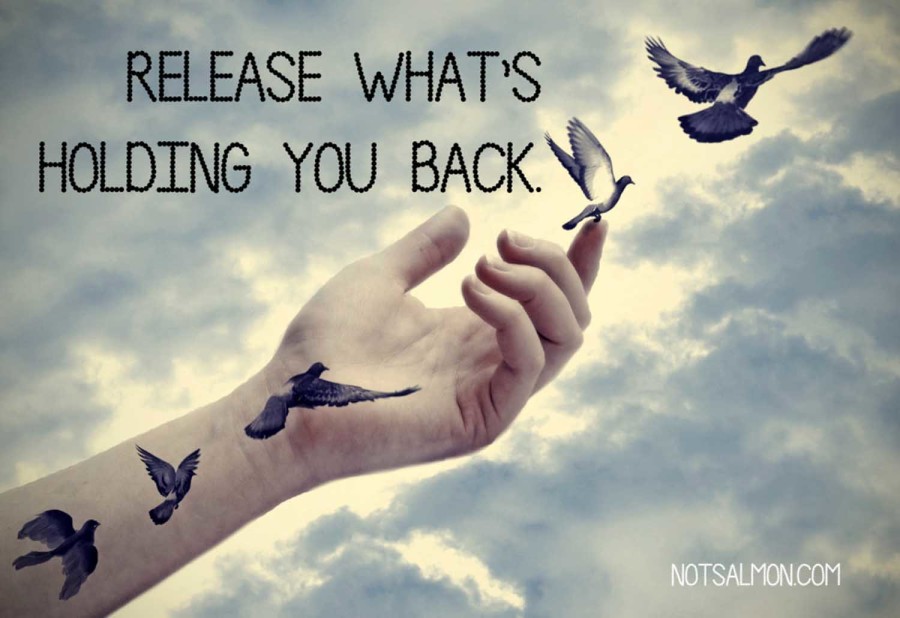Many people take harmful substances without giving any thought to the damage that will occur to their body or their life. It is only those who get to the stage of drug rehab that realise the truth. For those people have already experienced losing just about all the things that make life worthwhile, including loved ones and their sense of self worth.
While it is true that taking one harmful substance once won’t make you an addict, it can still cause severe health and even mental problems. Addiction often starts through peer pressure, especially if a young person is having trouble or perceived trouble at home. They take the substance once and when it makes them feel good, they want to repeat that feeling.
However, over time they need more of the substance to get the same good feeling and this is when they are addicted, whether they believe it or not. Many people don’t believe they are addicted; they are convinced that they can stop at any time, it’s just that they don’t choose to stop. In reality, they could not stop even if they tried.
Most people try to hide their addiction until it gets to the stage where it is impossible to hide it or they become too ill from the side effects of taking it to hide their condition. Or when their life falls apart due to the neglect of their loved ones, then they seek help and may go into drug rehab.













